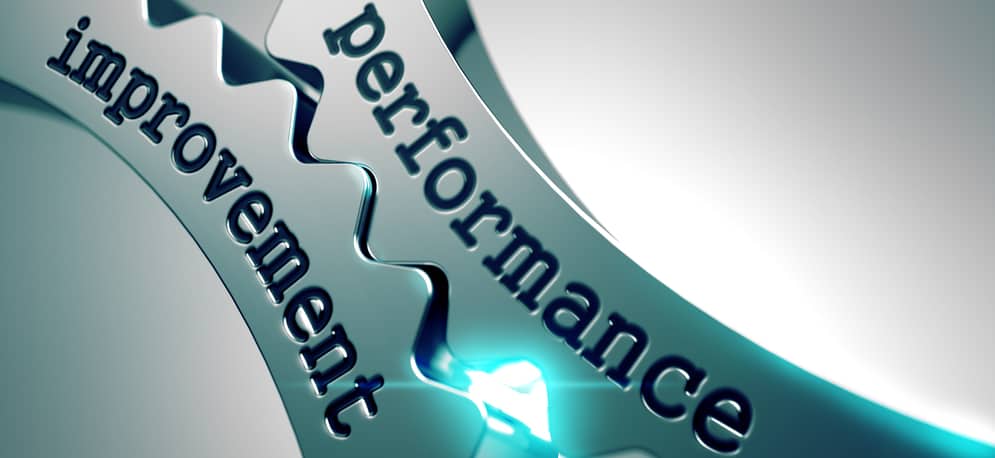With the ‘new normal’ introducing more restrictions to our labour force, we need to be aware of a potential decline in our productivity. Saving costs by increasing productivity is not an overnight fix. It requires an investment of time and resources to achieve improvements in each area to gain a result. There are many methods to improve productivity, here we will briefly outline 7 areas.
Niall Brennan from LiveCosts shares his view on 7 methods to increase productivity and reduce labour costs.
What is Construction Productivity?
The measure of the rate at which work is performed is called “productivity”. The measure of productivity is defined as a total output per one unit of a total input. In construction, the output is usually expressed in weight, length, or volume, and the input resource is usually in cost of labour or man-hours.
Reskill the workforce
A company doesn’t have a more valuable asset than its employees. Therefore, if you want your teams to perform to their highest potential, you need to invest in them. Now, with the high innovation pace, you cannot afford not to upskill all your employees continuously. They need to know how to use the latest tools & technologies and be able to impart this knowledge to their teams as well. Therefore, when you have well-trained employees, your productivity will increase. Consider using your best staff to train others in the crew who could benefit.
Improve Communication
Poor communication is one of the key causes for lack of productivity in almost any industry. Any project will suffer without proper communication. For construction, in particular, it can have a huge, negative impact on a project. Improving communication will prevent mistakes and manage to respect deadlines.
Always communicate goals, updates and changes with your crew and with your suppliers. You don’t want any of your crew members or project suppliers to be in the dark, so be sure to involve them with any changes to deadlines or project updates. How is this communicated ? Is everyone up to date with changes? When your team has strong communication skills, the project will be much easier to complete on time—and your team will work better as a whole.
Get Feedback
Part of having open lines of communication with your team is giving an opportunity for much-needed feedback. Your crew members are the ones executing the project, so listen to their opinions about what works and what doesn’t.
If they think a goal seems unrealistic, or they need new tools and equipment, don’t dismiss it. Instead, talk with your team to see if this is a shared opinion to determine what steps need to be taken next.
Listening to your team will build trust, allowing you to further improve your team’s overall productivity. The team should never be afraid to communicate a possible improvement. It should be rewarded.
Delegate
You may have very skilled and smart people on your team, but you can also have some colleagues who are not so efficient. However, this doesn’t mean that you should overload and delegate most of the responsibilities to the most efficient employees. On the contrary, you should split the tasks based on the people’s strengths. Each person has a special skill and you should use it to increase productivity. If you want fast results, learn to delegate smartly and make sure that people do what they know best.
Improve Safety
If you want to keep your productivity at the highest levels, you need to prevent injuries as much as possible. Construction is an industry where a lot of serious & minor accidents can happen. Therefore, you need to invest in an effective safety program and train your employees about safety techniques. By keeping the accident rates low, you will avoid delays and extra expenses with the employees injured at work.
Time Tracking
I know, it’s quite obvious and we all know it that we should be punctual. When it come to productivity on site, you should take every minute into consideration.
Why is it so crucial? Every minute, multiplied by every day on your site multiplied by the amount of labour will equal quite a significant number. Doesn’t matter if your workforce is directly employed or comes via different job agencies or subcontractors, it’s up to site management to lead and direct them.
If their contract mentions working hours from 8am till 5pm, you should be strict about it. It’s quite common that construction operatives start work a few minutes after the shifts starts and that they are already leaving 15 minutes before their break starts or before their shift ends. Have you ever estimated how much time is wasted due to this fact?
Let’s check this example.
You have 10 men on site that start their shift at 8:05 instead of at 8:00. 5 minutes multiplied by 10 men gives us 50 minutes already. That’s 1 man hour of your estimated progress and your estimated commercial result. Basically that money is lost.
When you add another 5 minutes for earlier breaks and earlier end of shift, we come up to over 3 man hours lost on your site in a single day. What happens when your construction projects lasts half a year? On average you work 21 days per month, so when you do the math = 3h x 21 days x 6 months = 378 man hours. 378 manhours can be lost and wasted on your site. If you multiply this figure by the cost of the manhour, let’s say 25 EUR it brings us to over 9,450 EUR. Not a bad bonus if it ends up in your pocket.
Of course this number doubles or triples when you have 20 or 30 men respectively.
How can you resolve this issues?
It’s not just that simple to tell your crew to start on time as some of them probably won’t listen to you straight away.
Try to explain to them how important it is for you and for the project. You labour should be an integral part of your project success. They put their hands on the job and they should be paid properly for this job. However, they should also treat their tasks seriously – meaning they should behave professionally.
Checking the exact starting and finishing time may be considered and viewed as a militant action and definitely it won’t be appreciated by your workforce. But if you do this in not so aggressive way, your crew can follow your request to work on a new habit.
Technology
At Livecosts we track the amount of hours spent on phases of a project. This can be very useful when you are about to repeat a very similar task or phase. By measuring productivity on a task of phase we can learn where it may have gone wrong and improve on our processes to increase productivity the next time.




